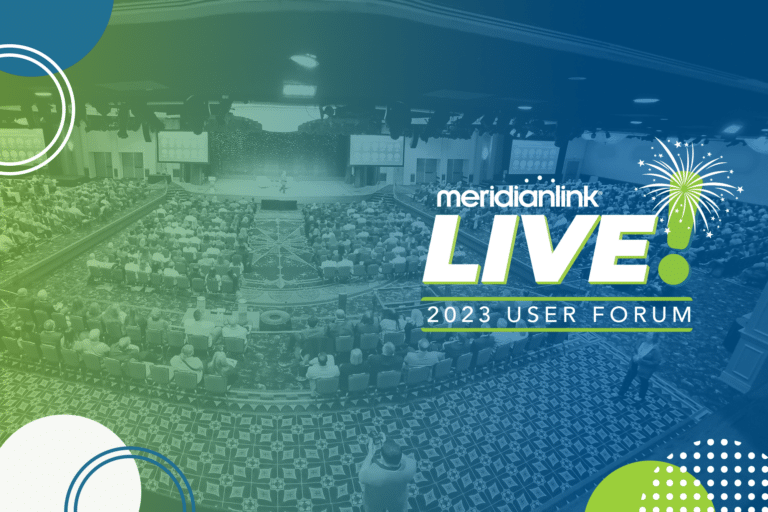There is a big difference between wearing a suit off-the rack or having one tailored to your specific shape and body type. Do the shoulders fit perfectly? Are the sleeves the right length? Do the lapels lay perfectly flat when the jacket is buttoned? Do the pants or skirt fit in the waist, and if so, are they too long or too short?
If your priority is only to have a wearable outfit in your closet regardless of its fit, the answers to those questions may not mean a lot to you. However, if your goal is to look ‘damn good’, impress your friends and colleagues, and really stand out from the crowd in all that gray flannel or pin-striped worsted wool, having those alterations done to perfection is probably very high on your list.
The question of fit can also be applied to the scorecards that your financial institution uses in your loan decision process. Just like suits, not one scorecard fits all. Generic or bureau models may get the job done but a custom scorecard allows for a higher level of auto-decisioning, more analytics-based underwriting rules and more profitable loans all while keeping your institution within its risk appetites.
Let’s discuss custom scorecards. What are custom scorecards? And what benefits do custom scorecards bring.
What is a Custom Scorecard?
A scorecard (or model) is a mathematical function that is developed using statistical techniques and generates a score. Significant variables (or characteristics) are methodically chosen and assigned a weight. The variable weighs are summed to create a final score. The score is a representation for the event that is being predicted.
A custom scorecard is used very similarly to the way a generic score (such as FICO® score or Vantage® Score) is used. However, a custom scorecard gives more power to differentiate levels of risk in the underwriting process (decisioning optimization), setting up loan structures and defining the right level of pricing (risk-based pricing). This power comes from being able to identify characteristics of the consumer base that are unique to the financial institution’s portfolio and its population. In addition, custom scorecards typically use application information and loan details that are predictive but not utilized within generic scorecards.
Benefits of a Custom Scorecard
Custom scorecards optimize risk levels, allow for increased decisioning efficiency and automation, and provide opportunity for business growth. Because the custom score is more predictive than the generic score, it will drive more of those potential bad loans into lower score ranges (more auto-decline) and more expected good loans into higher scores (auto-approval). It will allow the financial institutions to evaluate the true risk of some applicants that would have been otherwise misjudged through a generic score (more business and less loss). The generic score may accomplish this to some extent, but a custom score typically would perform much better.
Institutions using custom scorecards can free resources to focus on the review, evaluation and decisioning of applications that may need more scrutiny. At the same time, with the more precise risk levels associated with a custom scorecard, loan pricing will be more accurate because it is better aligned with the more accurate projected loan risk.
MeridianLink Consulting
The MeridianLink® Consulting team provides analytics, consulting services and advanced data reporting aimed at maximizing returns for every phase of the lending/credit process including the development of custom scorecards. Our mission is to maximize customer satisfaction by providing professional services of the utmost quality to meet clients’ needs and exceed expectations. For an in-depth look at custom scorecards, their benefits, and how they can help your bank or credit union, download our eBook.
Photo by Alexander Andrews on Unsplash






